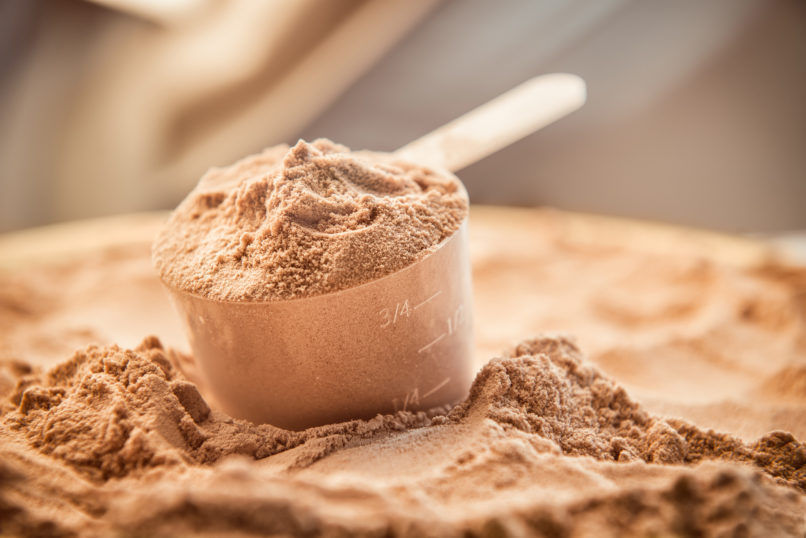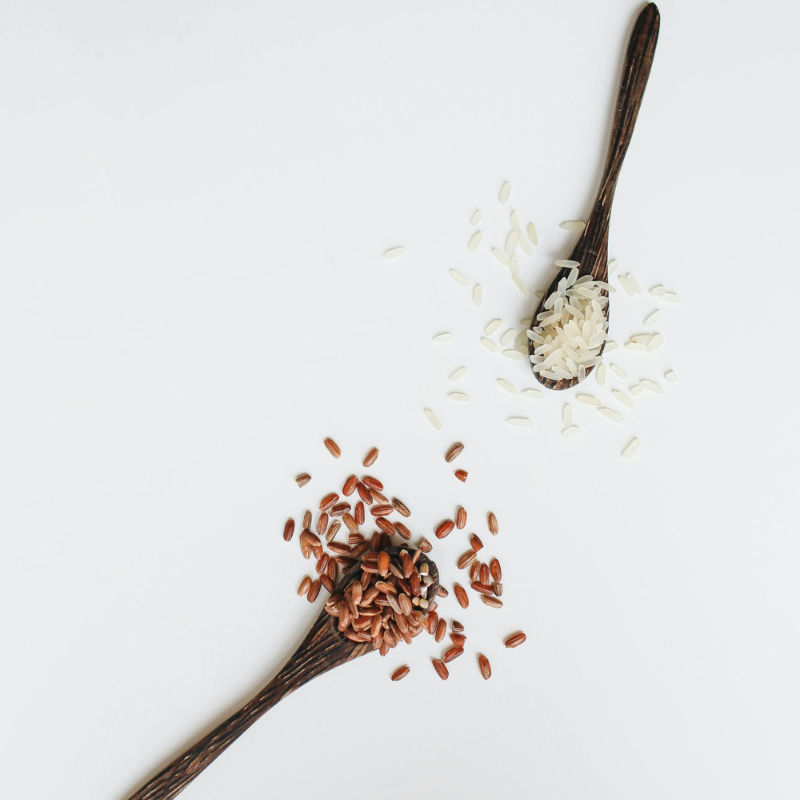It’s been trending on TikTok lately, but is protein powder ice cream really a good idea? And more importantly, is it good for our health?
With springlike and even summery weather taking hold in many regions, many of us are already looking to frozen treats to help us cool down. Some of us might be tempted to find an alternative to traditional ice cream over on TikTok, known as an incubator of all kinds of culinary trends, some of which are not endorsed by health professionals or dieticians… One of the latest trends on the platform is just such an example: ice cream with protein powder, touted as being a healthy dessert or snack, but which doesn’t hold up from a nutritional point of view.

Bananas, strawberries or other fresh fruit, almond milk or other types of plant milks, vanilla extract, lots of crushed ice…and most importantly, protein powder. Those are the essential ingredients of the trendiest ice cream recipe of the moment, at least on Tik Tok. Videos identified by the hashtag “protein ice cream” have generated over 87 million views. This success has been bolstered by a challenge launched at the end of last year, consisting in obtaining a very dense texture of this ice cream mixture, to the point of being able to overturn the bowl of the blender without the ice cream ending up on the floor.
The real star of this recipe is the protein powder. Used by athletes to maintain muscle mass, as well as by individuals following a high-protein diet or by vegans who want to supplement their diet to add extra protein without meat products, these dry preparations are now available in various formulations: made with pea, whey or egg proteins, in chocolate, vanilla or salted caramel flavours.
In some individuals’ cases, protein powder is recommended by nutritionists. However, these popular recipes presented on the Chinese-owned social network as a healthy alternative to traditional ice cream gives viewers the impression that we can add such powder to recipes as naturally as adding milk to a sauce. However, this is an ingredient that requires caution from consumers. In 2020, prestigious US university Harvard indicated in a study that the preparation didn’t only contain vegetable or egg proteins but that many also contained added sweeteners, additives and thickeners.

The subject of protein powder is itself controversial, from the point of view of quantities. Doses can be particularly high, especially for preparations intended for athletes, representing 10 to 30 grams for a single spoon. Researchers at Harvard warned that there is no data on the long-term effects of taking protein powder. Some protein powders have already been linked with intestinal disorders. Worse, a report by the Clean Label Project scrutinised the contents of 134 products and detected arsenic, mercury and even bisphenol A. So in the end, you might be better off cooling down with a more basic homemade ice cream or sorbet.
This story was published via AFP Relaxnews.
(Featured image: Slashio Photography/Unsplash; Main image: Courteney Cook/ Unsplash)












